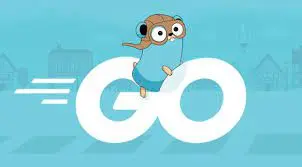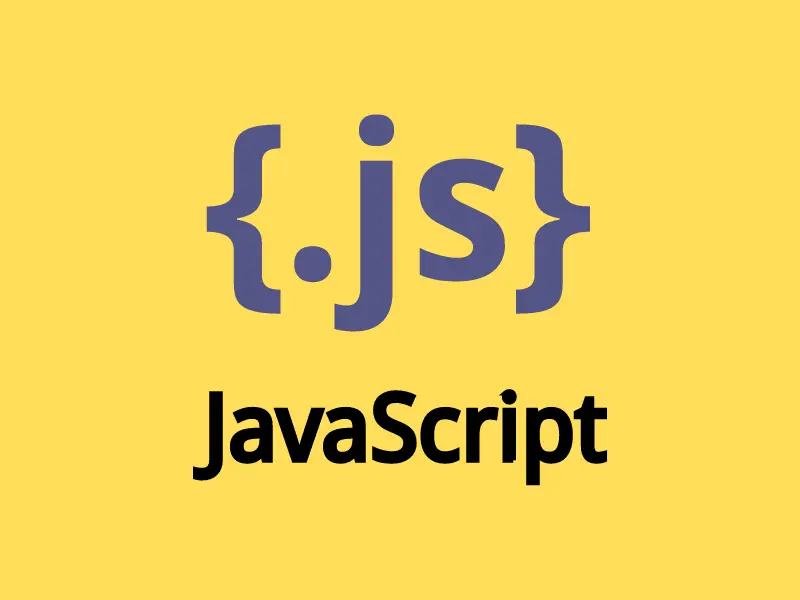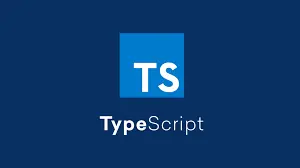
C
C is a general-purpose computer programming language. It was created in the 1970s by Dennis Ritchie, and remains very widely used and influential. By design, C's features cleanly reflect the capabilities of the targeted CPUs.

C++
C++ is a general-purpose programming language created by Danish computer scientist Bjarne Stroustrup as an extension of the C programming language, or 'C with Classes'.

Java
Java is a high-level, class-based, object-oriented programming language that is designed to have as few implementation dependencies as possible.

Python
Python is a high-level, general-purpose programming language. Its design philosophy emphasizes code readability with the use of significant indentation. Python is dynamically-typed and garbage-collected. It supports multiple programming paradigms, including structured, object-oriented and functional programming.

Go lang
Go is a statically typed, compiled programming language designed at Google by Robert Griesemer, Rob Pike, and Ken Thompson. It is syntactically similar to C, but with memory safety, garbage collection, structural typing, and CSP-style concurrency.

JavaScript
JavaScript, often abbreviated to JS, is a programming language that is one of the core technologies of the World Wide Web, alongside HTML and CSS. As of 2022, 98% of websites use JavaScript on the client side for webpage behavior, often incorporating third-party libraries.

TypeScript
TypeScript is a free and open source programming language developed and maintained by Microsoft. It is a strict syntactical superset of JavaScript and adds optional static typing to the language. It is designed for the development of large applications and transpiles to JavaScript.